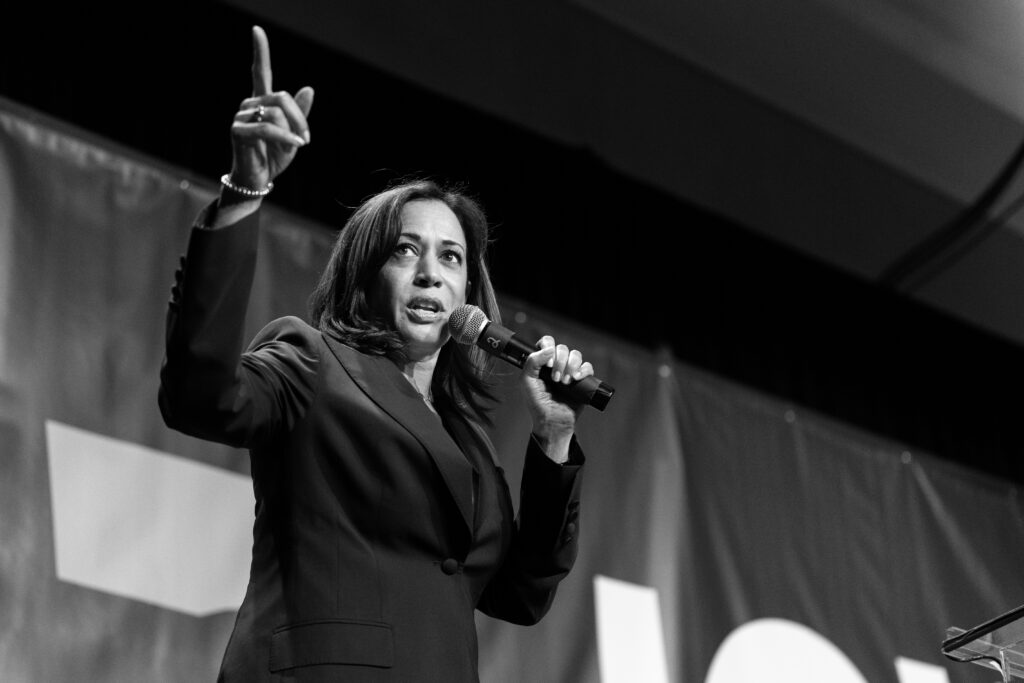Vice President Kamala Harris recently recorded a message to be played in more than 300 black churches across the Commonwealth of Virginia, urging their congregations to vote for Terry McAuliffe.
However, the Biden administration’s get out the vote strategy almost certainly violates the Johnson Amendment. The amendment ensures the tax-exempt status of houses of worship by keeping them from transforming into partisan political organizations. (RELATED: House Republicans Demand Documents on Biden’s Likely Illegal Vaccine Mandate)
Renowned legal scholar Jonathan Turley, says that the Biden administration will have a hard time coming up with a viable excuse for its GOTV video:
The key for McAuliffe is Black voters and, to spur turnout, Vice President Kamala Harris has taped an endorsement of McAuliffe that is reportedly being played at hundreds of African American churches around the state. The problem is the “Johnson Amendment” makes such political pitches in churches a violation of federal law.
Making matters worse, this knowing violation occurred just days after the filing of a complaint against White House press secretary Jen Psaki for clearly violating the Hatch Act in using the White House press room to support McAullife.
SEE ALSO: Jill Biden Campaigns in Must-Win Territory for Terry McAuliffe
The problem is that such direct politicking in tax-exempt churches has been unlawful for decades. Section 501(c)3 states:
“Corporations, and any community chest, fund, or foundation, organized and operated exclusively for religious, charitable, scientific, testing for public safety, literary, or educational purposes, or to foster national or international amateur sports competition (but only if no part of its activities involve the provision of athletic facilities or equipment), or for the prevention of cruelty to children or animals, no part of the net earnings of which inures to the benefit of any private shareholder or individual, no substantial part of the activities of which is carrying on propaganda, or otherwise attempting, to influence legislation (except as otherwise provided in subsection (h)), and which does not participate in, or intervene in (including the publishing or distributing of statements), any political campaign on behalf of (or in opposition to) any candidate for public office.”
Of course, churches can and do speak out about political and social issues. But the Johnson amendment, when enforced, prevents houses of worship from endorsing specific candidates.
In the 1990s a liberal group notably filed a complaint with the IRS against a New York church that took out a full-page newspaper ad against Bill Clinton. The IRS subsequently revoked the church’s tax-exempt status and a federal court upheld the decision.
